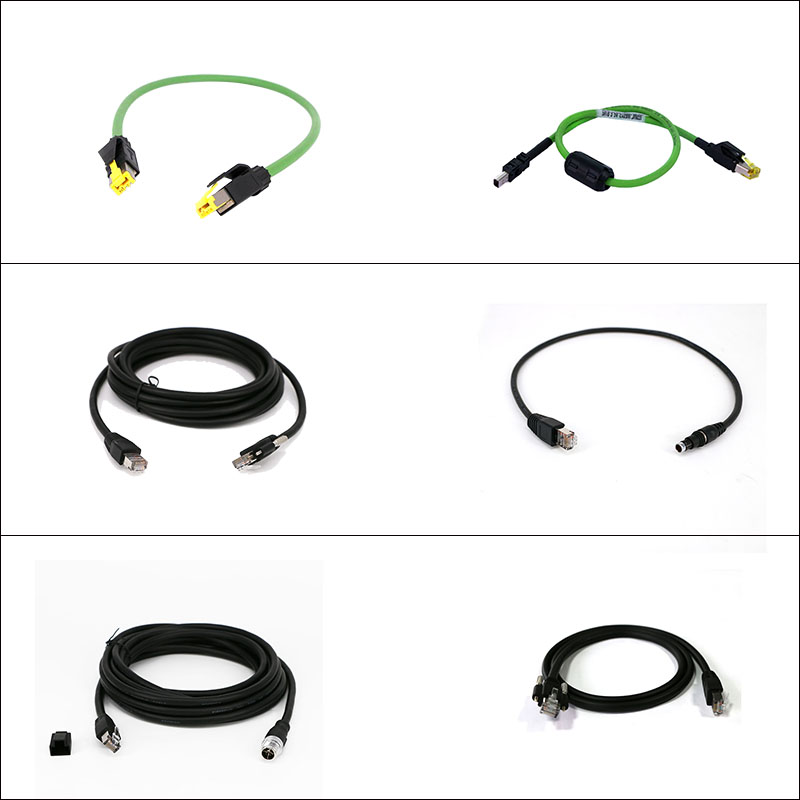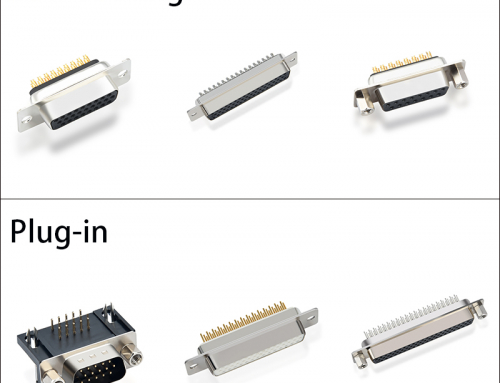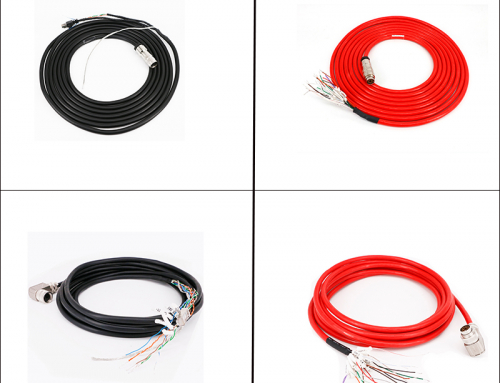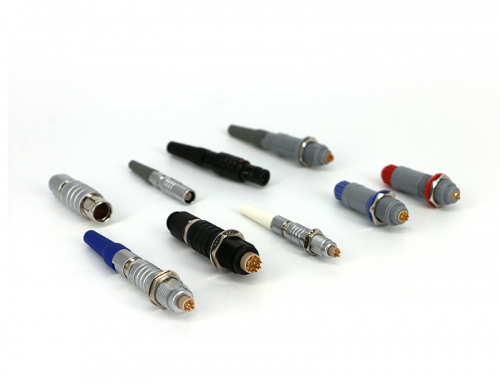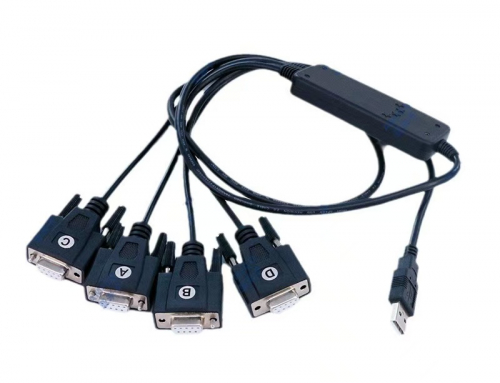Industrial network cables are widely used in many industrial fields and have many advantages. The following is a detailed introduction:
Application fields
Industrial automation field: In automated production lines, PLCs, sensors, actuators and other devices are connected to realize command transmission and data interaction between devices to ensure efficient and stable operation of the production line. For example, in automobile manufacturing production lines, the communication between various robotic arms, welding equipment, conveying equipment, etc. relies on industrial network cables.
Industrial robot field: Industrial robots need to transmit a large amount of data with controllers, visual systems, etc. during work, such as robot action instructions, position feedback, image recognition results, etc. Industrial network cables can meet their high-speed and stable data transmission requirements and ensure the precise operation and efficient work of robots.
Transportation field: In the ETC toll collection system of highways, traffic light control systems, signal systems and monitoring systems of rail transit, industrial network cables can ensure stable communication between devices and improve the safety and operation efficiency of transportation systems.
Energy and power field: In power plants, substations and other places, they are used to connect monitoring equipment, protection devices, smart meters, etc. to realize real-time monitoring and control of power systems and ensure safe and reliable power supply.
Chemical and petroleum industry: In the process of chemical production and oil extraction and processing, industrial network cables can be used to connect sensors, instruments, controllers and other equipment on site, ensure the stability and security of data transmission in harsh environments such as high temperature and strong corrosion, and realize precise control and monitoring of the production process.
Advantages
Strong anti-interference ability: There are a large number of electromagnetic interference sources in industrial environments, such as motors, inverters, welding machines and other equipment. Industrial network cables usually use shielding technology, such as shielded twisted pair cables. The metal shielding layer inside can effectively block external electromagnetic interference from entering the network cable, and also prevent internal signals from radiating outward to interfere with other equipment, ensuring the accuracy and stability of data transmission. For example, in strong electromagnetic interference environments such as steel mills, the use of shielded industrial network cables can prevent interference between devices.
Adapt to harsh environments: It can work normally in a wide temperature range, generally can withstand temperature changes from -40℃ to +75℃ or even wider, and can operate stably in the cold northern outdoors or the hot southern factory workshops. Some industrial network cables also have the characteristics of waterproof, moisture-proof, dust-proof, oil-proof, and corrosion-resistant, and can adapt to harsh environments such as humid mines and chemical workshops with chemical corrosion.
High mechanical strength: It has high tensile strength and wear resistance, and can withstand mechanical stresses such as stretching, twisting, and extrusion in industrial sites. For example, near frequently moving parts of automated production lines, such as drag chains, using highly flexible and high-strength industrial network cables can avoid communication failures caused by damage to the network cables.
Stable transmission performance: The use of high-quality conductor materials and advanced production processes ensures low signal transmission attenuation and distortion, and can support higher data transmission rates, such as Gigabit Ethernet and even 10 Gigabit Ethernet, to meet the needs of rapid transmission of large amounts of data in industrial production. At the same time, the transmission delay of industrial network cables is low, and for industrial control applications with high real-time requirements, such as real-time control of robots and synchronous control of automated production lines, it can ensure timely transmission and processing of data.
High reliability and safety: The quality and performance of industrial network cables have been strictly tested and certified, and they comply with relevant industrial standards and specifications, such as Ethernet/IP, PROFINET, DeviceNet, etc., and have high reliability and compatibility. Some industrial network cables also have flame retardant, low smoke and halogen-free properties. In the event of fire or other unexpected situations, they can reduce the spread of fire and the generation of toxic smoke, and improve the safety of industrial sites.
